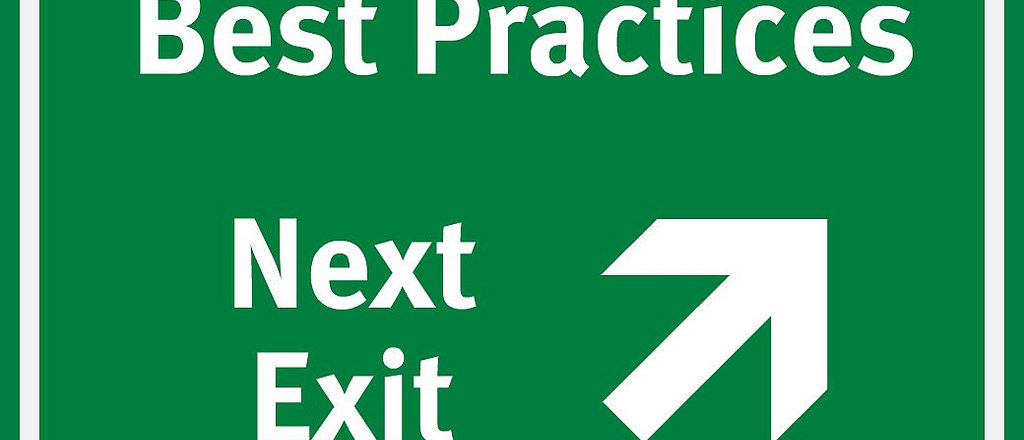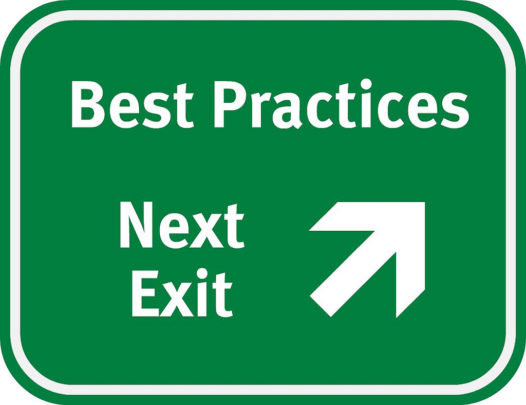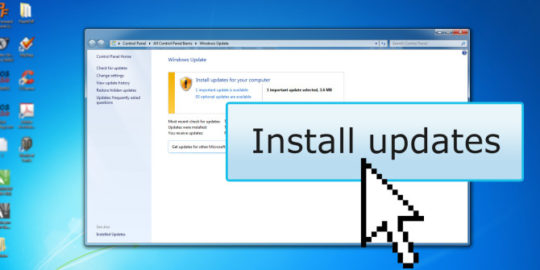
Your server is the backbone of your organization’s IT functionality, but what do you need to consider when it’s time to upgrade?
Purchasing and installing a new server is a massive move for any organization. Install the best server for your needs and your productivity should skyrocket. Choose one that doesn’t quite fit with your business and it will seriously harm the way you’re able to operate. Therefore, choosing the correct server is important if you value your organization’s future.
Moving forward, though, isn’t always straightforward due to the complexity of such an upgrade. To help simplify matters, we’re going to share five things to consider when upgrading your servers.
- The Right Performance
First and foremost, you have to make sure that any potential new server is able to meet the needs of your organization’s IT needs. The main reason that an organization looks to upgrade is because the current technology isn’t able to fulfill their existing needs. Consulting with various department heads and IT professionals is essential to gauge the necessary requirements, so start by compiling this information and work from there.
- Is Integration Possible?
You’ve more than likely got an existing server in place, but upgrading doesn’t mean that you need to chuck your old one out with the trash. In fact, it’s possible that you’ll be able to integrate vast sections of your existing server into your new server. Not only does this potentially save you costs on new technology, but it also provides a level of consistency in terms of staff knowledge on the existing technology.
- Costs?
Performance, of course, is paramount, but price is equally important as all organizations work to a strict budget. Once you understand your performance needs, the next step is to evaluate which available servers meet this most closely. Technology, after all, can be costly, so you shouldn’t be paying for any technology that won’t be of use to your organization’s output.
- Factor in Maintenance
A brand new server is fantastic, but even the most up to date technology needs to be maintained. Any length of downtime is disastrous for any organization which understands the basics of productivity, so the shrewdest move with servers is to ensure that some form of maintenance cover is put in place. Often, there will be a warranty included with new technology, but this will always have an expiry date, so make sure you start asking about extended warranty options from an early stage.
- Future Upgrades?
It may seem counter-intuitive to consider future scalability as you upgrade, but looking to the future is vital when it comes to working with IT technology. The rapid pace at which technology expands means that you may need to consider growing your server a lot sooner than you expected. Discussing expansion options is crucial to safeguard against being lumbered with huge costs in the future when your existing technology is unable to expand further to keep pace.
For more ways to secure and optimize your business technology, contact your local IT professionals.
Read More







